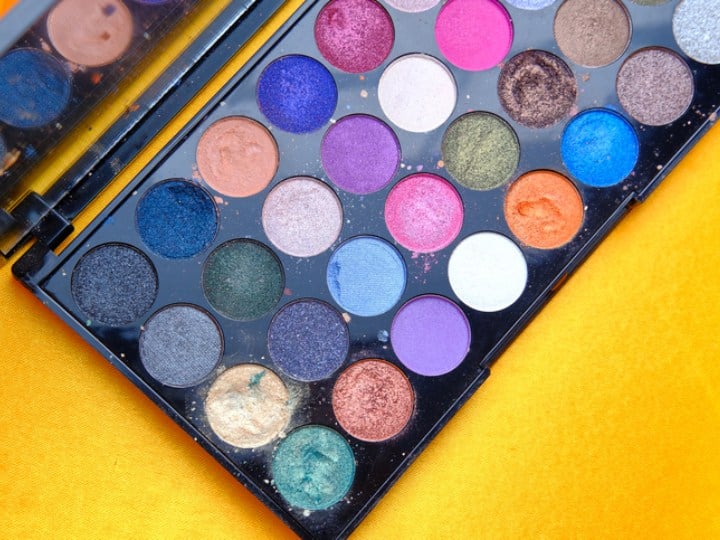European Cosmetics Regulation (EC) No 1223/2009 testing expertise to drive compliance and product safety. Our scientists are experts in providing testing for physical and chemical characteristics, prohibited or restricted substance testing, impurities and microbiological quality..
The European Cosmetics Regulation (EC No 1223/2009), states that notification must be provided to the competent authority before placing a cosmetic product on the European market and a Product Information File (PIF) for each product must be maintained and made available upon request. It also requires that a cosmetic safety assessment is conducted by an experienced safety assessor to identify any potential problems with a cosmetic formulation taking into account the foreseeable use and the information provided in the product information file (PIF).
Reliable testing and analysis of cosmetic raw materials and formulations are critical to demonstrating compliance with European cosmetics regulations whilst ensuring the safety of any beauty or personal care product. Our team of analytical scientists, at our European centre of excellence for cosmetics testing, LaCoMed, located near Chalon-sur-Saône in France, provide expert testing services to help you meet the requirements of Regulation (EC) No 1223/2009:
Physical/Chemical Characteristics
We provide high-quality analytical assessment of the physical/chemical characteristics and stability of the cosmetic products including determination of prohibited or restricted substances, active substances analysis (e.g titanium dioxide, fluoride, preservatives), UV filters, particle size, nanomaterials and more.
Cosmetics Stability Testing
We assess the stability of the cosmetics under reasonably foreseeable storage conditions, and this helps to ensure the product's functionality and aesthetics are not adversely impacted during its intended shelf life and consumer use.
Microbiological Quality
Our microbiological testing expertise includes preservative efficacy testing (also known as challenge testing), quality control testing and research and development support, helping our clients to ensure product quality and safety.
Preservative Efficacy Challenge Testing
Our team conducts preservative efficacy testing according to the ISO 11930 standard - Evaluation of the antimicrobial protection of a cosmetic product) either by the reference method (manual method) or by an automated method.
Impurities and Purity of Raw Materials
We provide cost-effective and efficient raw materials analysis with analysis focused on the determination of impurities and purity including levels or presence of forbidden (Annex II of the Regulation (EC) No 1223/2009) or restricted substances (Annex II).
Restricted and Prohibited Substances
Our scientists provide routine screening for prohibited substances (as listed in Annex II), such as formaldehyde which was added to the list of substances prohibited in cosmetic products (Annex II), as well as restricted substances (substances not used in accordance with restrictions laid down in Annex III. testing expertise includes determination of heavy metals such as Mercury, 1,4-Dioxane, parabens, phthalates or fragrance allergens.
Characteristics of Cosmetics Packaging Materials
We apply established food contact material test methods to suit the evaluation of cosmetic packaging. This includes performing overall and specific migration, phthalates testing by GC-MS, PAH migration and heavy metals migration by ICP, using relevant solvent/simulant. We also can assess potential migration from recycled cosmetic packaging materials, using a combination of GC-MS and LC-MS techniques to detect and quantify any packaging ingredients and Non-Intentionally Added Substances (NIAS).

